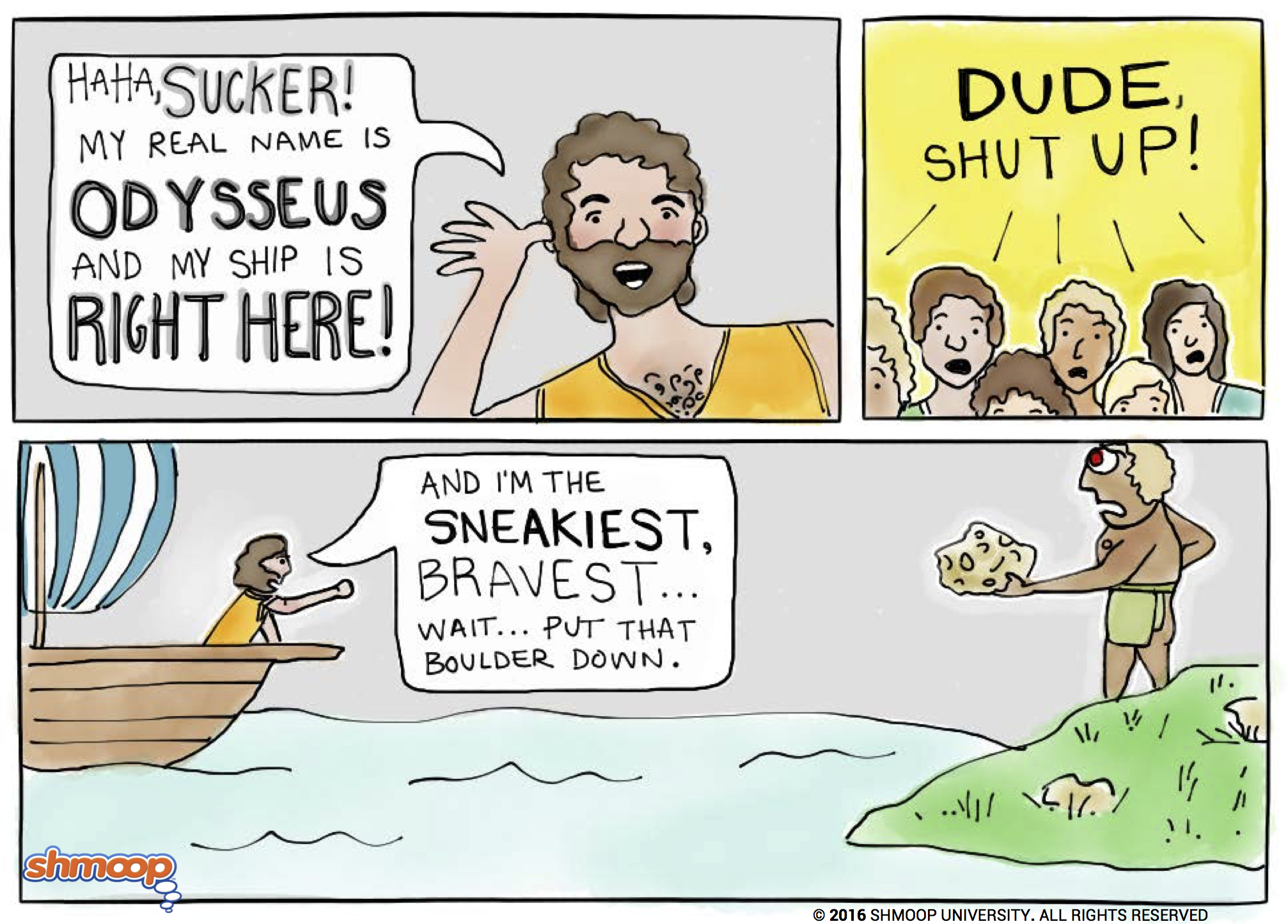Motif
Definition
A motif is a narrative element with symbolic meaning that repeats throughout a work of literature. Motifs may come in the form of recurring imagery, language, structure, or contrasts. In drama, motifs may also take the form of repeated music, visual components, or physical movements. The development of motifs in a work of literature often contributes to mood and/or theme.
Example-The Count of Monte Cristo
“If I live, everything changes; I become only a man who did not honor his own word, who failed to meet his obligations. But if I die, my body will be that of an unfortunate but honorable man. If I live, you’ll be ashamed to bear my name; if I die, you’ll hold your head high and say, ‘I am the son of a man who killed himself because he was unable to keep his word for the first time in his life’” (Dumas 107).
Function
The motif, suicide, is used many times in The Count of Monte Cristo. Suicide is repeated by many of the characters during the book. Mercedes first talks about committing suicide early in the book when Dantes is taken to prison. She thought it would be better to die than to marry anyone other than Dantes. Dante’s father starves himself to death when he hears of Dantes is imprisoned. And the quote above is from M. Morrel when he is telling Maximilien that it would be honorable to kill himself because he could not come up with the money for Thompson and French; M. Morrel says their name would be a joke if he does not commit suicide. Other common motifs are presented in the book such as the role of God in the lives of men, the limits of human justice, absolute and relative happiness, politics, love, alienation, friendship, revenge, and parental influences on children.
Another Example
In To Kill a Mockingbird, many "small town" images and values are represented. For example, there is a school play, where Scout and her classmates represent the various agricultural products of the county. There is a comforting scene with neighbors gathering after a fire. Things move "slowly" and people have “nowhere to go and nothing to do.”
Non-Original Mnemonic
Original Mnemonic
M-AKES
O-BVIOUS
T-HOUGHTS OR IDEAS
I-N
F-ICTION
